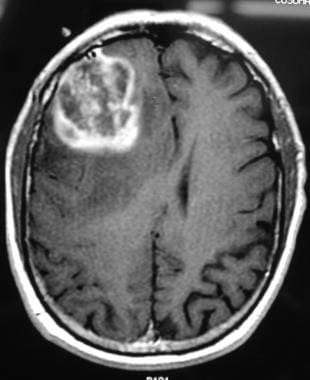Treatments for Glioblastoma- The Most Deadly Brain Cancer

Glioblastoma is a grade 4 tumor, one of the most aggressive cancer types, originating in the brain and spinal cord. It is highly resistant to standard treatments like surgery, radiation, and chemotherapy. The blood-brain barrier makes it difficult for drugs to reach brain tissue, and glioblastoma tumors can suppress immune responses, adding to treatment challenges.
Every year, approximately 3,200 people in the UK are diagnosed with glioblastoma, accounting for a significant share of brain cancer cases. Worldwide, around 150,000 people receive this diagnosis annually.
Dr. Clement and his team have focused on adapting immunotherapy, which has been successful in treating cancers like melanoma and lung cancer, to tackle glioblastoma. However, glioblastoma’s complex mutation patterns make it hard to target consistently. Dr. Clement’s recent work explores how immunotherapy could be administered directly into the cerebrospinal fluid, allowing it to bypass the blood-brain barrier and reach the tumor more effectively.
“Delivering immunotherapy directly to the cerebrospinal fluid could be a game-changer,” says Dr. Clement. “We’re testing various approaches to ensure these treatments are as effective and targeted as possible.”
Dr. Clement notes that while there is excitement surrounding immunotherapy, challenges remain. Funding for brain cancer research has historically been limited, though new initiatives are bringing more researchers into the field. Dr. Clement’s current research aims to understand how immune cells interact with brain function, which may help in developing therapies that effectively reach and impact glioblastoma tumors.
While immunotherapy holds promise, it is not universally effective for all cancers and may cause side effects, including potential inflammation in the brain. Dr. Clement stresses the importance of developing minimally invasive delivery methods, such as injections, rather than resorting to brain surgery whenever possible.
The outlook for immunotherapy in treating glioblastoma remains hopeful, with Dr. Clement and other researchers making strides in understanding how to make it a viable treatment option. As more interest and funding support the potential of immunotherapy, they are optimistic that these advancements will eventually translate into better outcomes for glioblastoma patients.

